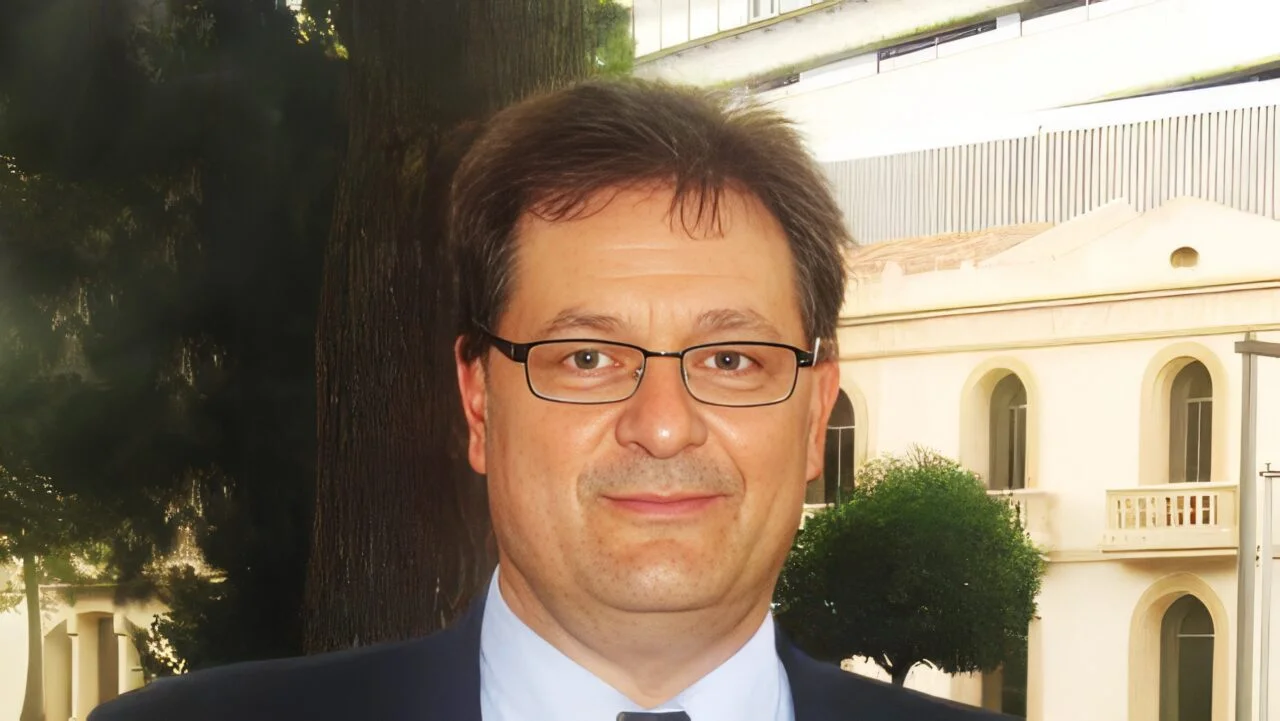Miguel Bronchud, Co-Founder and Advisory Board at Regenerative Medicine Solutions, shared post on LinkedIn:
“Here we go again-cancer associated loco regional lymph nodes: are they good or are they bad?
‘Don’t cut them out: lymph nodes may be key to cancer treatment’
According to : 26 Sept 2025 17:42 CEST
Justin Stebbing, Anglia Ruskin University
Removing lymph nodes during cancer surgery has saved countless lives in many tumour types. Yet recent research is challenging parts of this long-standing practice.
Imagine your body’s immune defences as a city, and lymph nodes as the hubs where police and firefighters gather fresh intel to launch their attack on criminals.
What happens if you remove too many of these hubs? This is NOT a new question at the centre of modern cancer surgery. But we need more experimental evidence.
When surgeons remove lymph nodes, it’s usually for two reasons: to find out whether cancer has spread, and to prevent further spread to other organs. For decades, this approach represented the best standard of care.
If a tumour escapes its original site, cancer cells often travel through lymph vessels and settle in the nearest lymph nodes, which act as biological filters. Detecting cancer cells in lymph nodes signals that a patient’s disease may be more likely to return after treatment.
Removing these nodes allows doctors to ‘stage’ the disease accurately, and potentially increase the chances of eradicating all tumour cells – while also telling oncologists like me to treat the cancer more aggressively.
But lymph nodes are not just passive waystations. They play an active role in the body’s immune response, acting as meeting points for immune cells to share information about cancer. Recent scientific discoveries have led researchers to rethink how crucial these hubs are for sparking powerful, lasting immune reactions.
One of the newest studies shows lymph nodes help maintain a special type of immune cell called ‘CD8 positive T cells’, which can destroy cancer cells. These immune cells are primed and kept ready to act by the environment inside the lymph nodes.”
More posts featuring Miguel Bronchud on OncoDaily.


